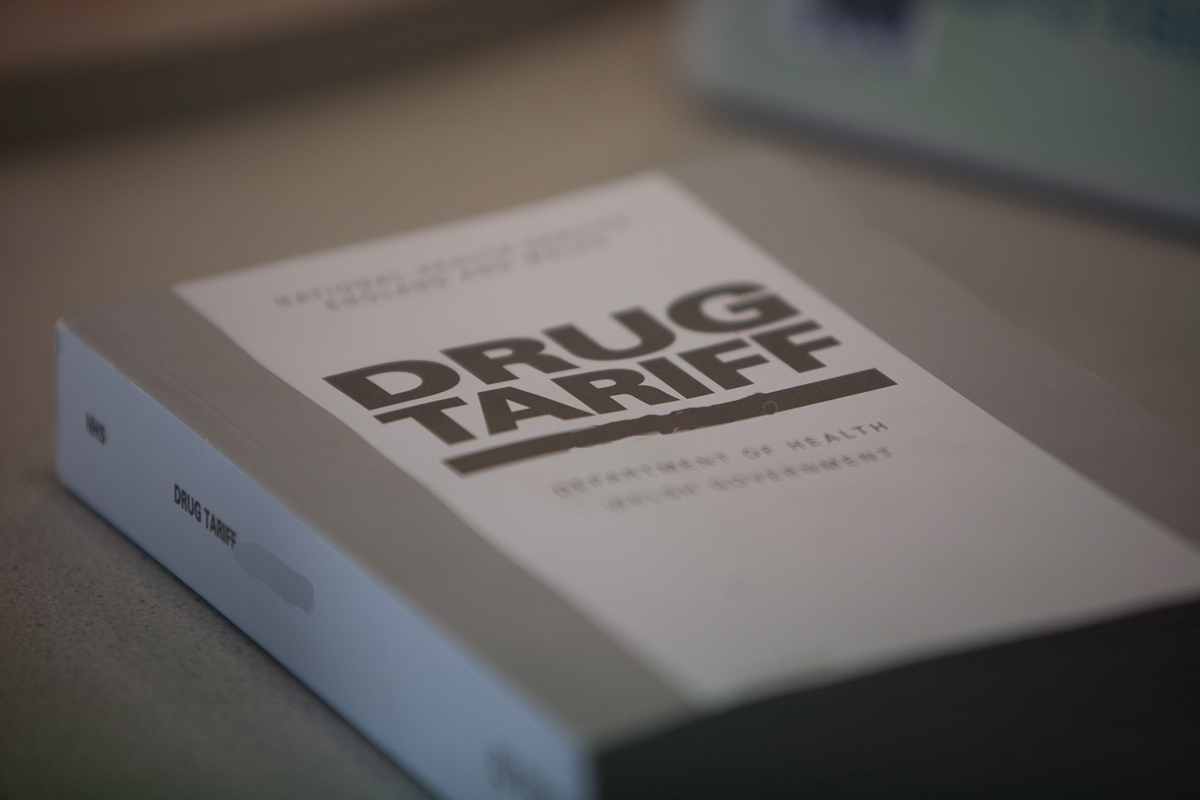Pharmacy Supervision Group makes recommendations for legislative and regulatory changes
Today, the Pharmacy Supervision Practice Group has published a report that makes recommendations to reframe legislation, regulation and professional standards and guidance around the future of supervision in community pharmacy.
The group includes organisations from across the community pharmacy sector, with members from the Company Chemists’ Association (CCA), the National Pharmacy Association (NPA), the Association of Independent Multiple pharmacies (AIM), the Pharmacists’ Defence Association (PDA), the Association of Pharmacy Technicians UK (APTUK), the Pharmacy Forum Norther Ireland (PFNI) and the Royal Pharmaceutical Society (RPS).
Specifically, the group’s report recommends on supervision that:
‘…whilst the pharmacist should be present in the pharmacy and accessible to patients and the public, primary and secondary legislation should be clarified to reflect that “supervision” should no longer be interpreted to mean supervising individual transactions. A clarifying statement or direction in legislation or regulatory rules and standards to remove the case law precedent would be a helpful step forward.’
Its recommendations in relation to the Responsible Pharmacist (RP) included that:
- The temporary absence of the RP from the pharmacy should remain limited to 2 hours, at least currently, and delegation should be permitted to allow some activities to continue in the RP’s absence, for example, the supply of checked and bagged prescriptions agreed by the RP and not requiring further pharmacist intervention;
- RP delegation of aspects of preparation, assembly, sale and supply of medicines to any member of pharmacy team should be allowed in defined circumstances; and
- The preparation and assembly of medicines should be allowed under the supervision of the superintendent pharmacist (SP) when the RP is not signed in (with appropriate delegation by the SP who may be absent).
The detail of the recommendations is set out in the report.
The report will inform the Department of Health and Social’s (DHSC’s) pending formal consultation on changing the legislation on supervision and the General Pharmaceutical Council (GPhC) as part of introducing its first rules and/or standards for responsible pharmacists and standards for superintendent pharmacists (alongside or after any changes to the legislation on supervision or its interpretation).
Community Pharmacy England, which includes representatives of the CCA and NPA and those with AIM membership, will consider the recommendations as part of the DHSC’s consultation and GPhC considerations; and any consequential changes to the NHS (Pharmaceutical and Local Pharmaceutical Services) Regulations 2013 – including the Terms of Service under the Community Pharmacy Contractual Framework (CPCF).
Supervision in community pharmacy: Recommendations from the Supervision Practice Group
Chair of the Supervision Practice Group, Dr Michael Twigg, Associate Professor of Primary Care Pharmacy, University of East Anglia and Head of Research Design and Evaluation, NHS Norfolk and Waveney said:
“This report is a major step forward for community pharmacy and will enable the sector to work in new ways to support their patients and communities. It is a report that values the contribution of all members of the pharmacy team and provides a platform for the development of a more holistic model of care. I would like to thank all organisations for their commitment to this process and the honesty with which they have approached the discussions and their interaction with me. This report would not have been possible without this commitment to build a positive future for community pharmacy practice.”
Gordon Hockey, Director of Legal at Community Pharmacy England, said:
“Supervision has become an increasingly critical issue in community pharmacy as the sector’s role and workload have increased – particularly since the pandemic. As the clinical skills of community pharmacists are put to greater use, it is important to ensure that pharmacies can make best use of skill mix across the whole team.
The Group’s report will inform not only DHSC’s consultation and the work of the GPhC, but also our negotiations with DHSC and NHS England on the future of community pharmacy.”








